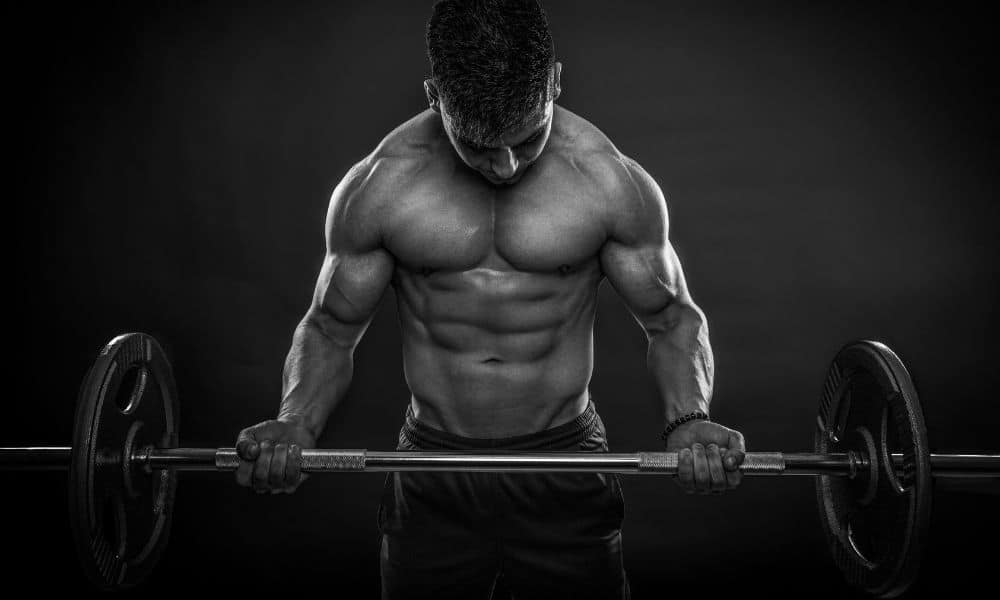After an intense workout, your body needs the right nutrients to refuel and recover effectively. Carbohydrates play a crucial role in restoring glycogen stores, which are depleted during exercise, especially after high-intensity or endurance workouts. But how many carbs should you eat post-workout to maximize recovery and performance?
Why Are Carbohydrates Important After a Workout?
Carbohydrates are your body’s primary energy source, particularly during exercise. When you work out, your muscles fuel glycogen (stored carbohydrates). After exercise, your glycogen stores are depleted, and consuming carbohydrates helps replenish them, supporting recovery and preparing you for your next workout.
Post-workout carbs are especially important if you’ve engaged in:
- Endurance activities: Long-distance running, cycling, or swimming.
- High-intensity training: HIIT, CrossFit, or sprinting.
- Resistance training: Weightlifting or bodyweight exercises.
Recovery could be delayed without sufficient carbohydrates after a workout, leaving you feeling fatigued and less ready for your next training session.
How Many Carbs Should You Eat Post-Workout?
The amount of carbohydrates you should consume after a workout depends on several factors, including the intensity and duration of your workout, body weight, and overall fitness goals.
General Guidelines for Carbs Post-Workout:
- Aim for 0.5 to 0.7 grams of carbohydrates per pound of body weight for moderate-intensity workouts.
- Aim for 0.7 to 1.0 grams of carbohydrates per pound of body weight for high-intensity or endurance workouts.
Let’s break this down with an example:
- If you weigh 150 pounds and complete a moderate-intensity workout, you will need approximately 75 to 105 grams of carbs post-workout.
- If you weigh 150 pounds and engage in a high-intensity workout, you will need approximately 105 to 150 grams of carbs post-workout.
These recommendations help you replenish glycogen stores efficiently and support muscle recovery.
What Types of Carbs Are Best Post-Workout?
Not all carbohydrates are created equal. Regarding post-workout nutrition, the type of carbs you choose can impact how quickly your body recovers.
1. Fast-Digesting Carbs:
Fast-digesting carbs, also known as high-glycemic index (GI) carbs, are ideal for post-workout recovery because they quickly restore muscle glycogen levels. These carbs cause a rapid spike in blood sugar, which helps shuttle nutrients into your cells faster.
Examples of fast-digesting carbs include:
- White rice
- Potatoes
- White bread
- Pasta
- Fruits like bananas or watermelon
- Sports drinks (for quick carb intake)
2. Slow-Digesting Carbs:
Slow-digesting or low-GI carbs are broken down more gradually and provide a steady release of energy over time. While these carbs are great for sustained energy throughout the day, they might not be the best option immediately after a workout.
Examples of slow-digesting carbs include:
- Oats
- Sweet potatoes
- Whole grain bread
- Brown rice
- Quinoa
It’s important to note that combining fast-digesting carbs with protein helps further optimize recovery by boosting muscle repair and glycogen replenishment.
Should You Combine Protein with Carbs Post-Workout?
Pairing protein with carbs after your workout is essential for muscle repair and recovery. Carbs help replenish glycogen, while protein provides the amino acids necessary to repair muscle tissue. The combination of protein and carbs also stimulates insulin production, which drives nutrients into your muscle cells for optimal recovery.
Ideal Carb-to-Protein Ratio Post-Workout:
- Aim for a 3:1 or 4:1 ratio of carbs to protein post-workout. For every 30-40 grams of carbs, you should consume 10 grams of protein.
For example, if you consume 100 grams of carbs post-workout, aim for 25-30 grams of protein to maximize recovery.
What Happens If You Don’t Eat Enough Carbs Post-Workout?
If you don’t consume enough carbohydrates after a workout, your body will struggle to replenish glycogen stores, which can lead to the following:
- Prolonged muscle soreness: Inadequate glycogen stores can slow down muscle repair, leaving you sore for longer.
- Reduced energy levels: Low glycogen can lead to fatigue in your day-to-day activities and during your next workout.
- Impaired performance: Over time, inadequate carb intake can hinder your ability to perform at your best, particularly in endurance or high-intensity workouts.
Skipping post-workout carbs can also lead to the breakdown of muscle tissue for energy, counteracting your fitness goals, especially if you’re trying to build muscle mass.
How Long After a Workout Should You Eat Carbs?
Consuming your post-workout carbs within 30 to 60 minutes after your workout is best. During this time, your body is most receptive to absorbing nutrients, and insulin sensitivity is increased, allowing efficient glycogen replenishment.
If you can’t eat a full meal right away, a quick snack like a banana with a protein shake or a piece of fruit with a handful of nuts can help tide you over until your next meal.
Example Post-Workout Meals
Here are a few post-workout meal ideas that provide an optimal balance of carbs and protein:
1. Grilled Chicken with Rice and Vegetables
- Carbs: White rice (50-60g)
- Protein: Grilled chicken breast (30g)
- Why it works: White rice is a fast-digesting carb that quickly replenishes glycogen, while chicken provides lean protein for muscle repair.
2. Tuna Salad with Whole Grain Crackers
- Carbs: Whole grain crackers (35-40g)
- Protein: Tuna (25g)
- Why it works: The crackers mix fast and slow-digesting carbs, while tuna delivers essential amino acids for muscle recovery.
3. Protein Shake with a Banana
- Carbs: Banana (25g)
- Protein: Whey protein shake (25g)
- Why it works: Bananas offer fast-digesting carbs for quick glycogen replenishment and whey protein is rapidly absorbed for muscle repair.
4. Greek Yogurt with Honey and Berries
- Carbs: Honey and berries (30-40g)
- Protein: Greek yogurt (20g)
- Why it works: This combination provides a mix of fast carbs and high-quality protein, perfect for post-workout recovery.
Key Takeaways
Carbohydrates play a vital role in muscle recovery and performance after exercise. Depending on the intensity and duration of your workout, aim for 0.5 to 1.0 grams of carbs per pound of body weight post-workout. Fast-digesting carbs are ideal for rapid glycogen replenishment, and pairing carbs with protein helps enhance muscle repair.
Read next…
- Gym Wear for Different Body Types: Finding the Right Fit
- Kitchen Supplies for Better Fitness Results: Muscle Building & Weight Loss
- Protein Utilization Rate: Best Foods for Muscle Growth and Fat Loss
- Can You Use Gym Machines if You Use a Wheelchair?
- Delicious Beef Recipes To Support Muscle Growth
External SEO Links:



